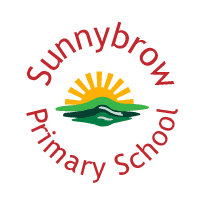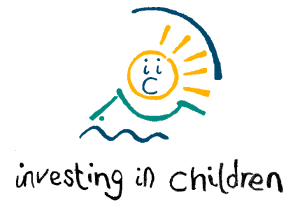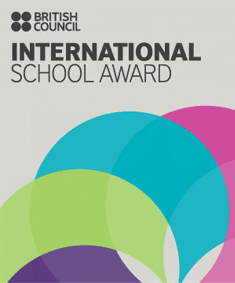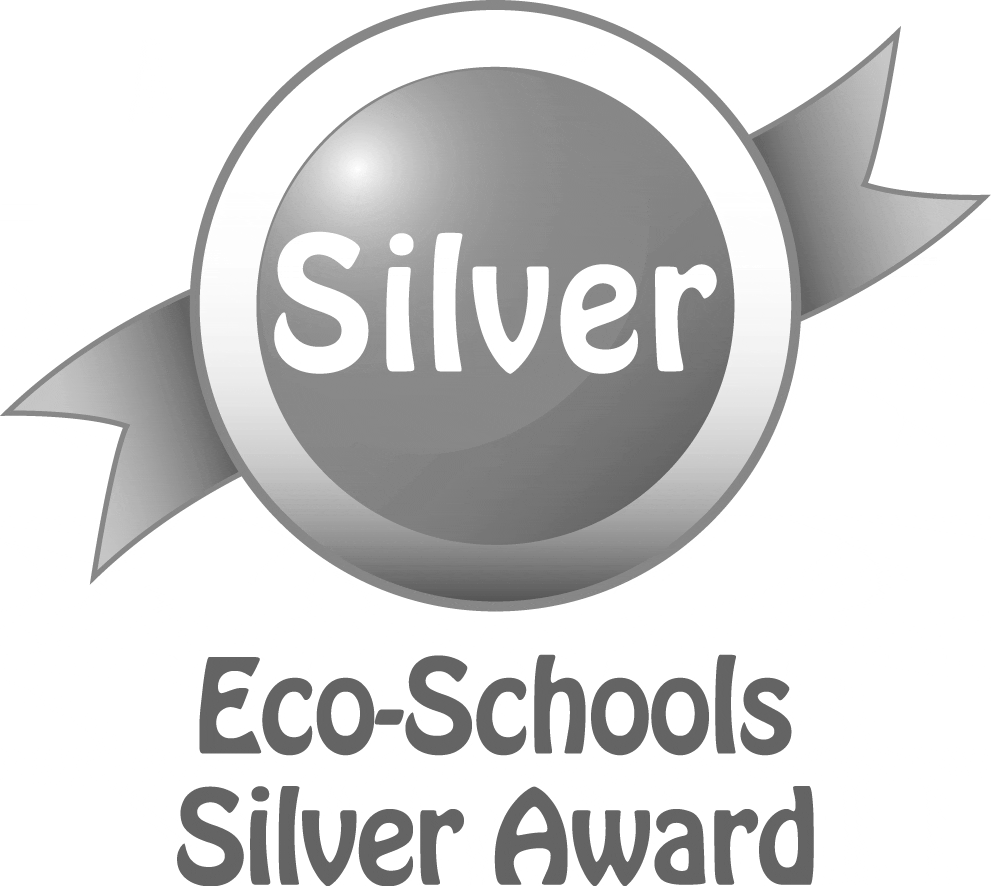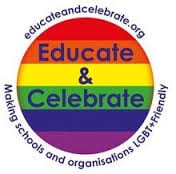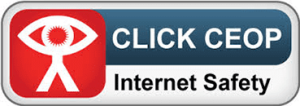Personal Development is at the heart of Sunnybrow Primary School. We value the skills & knowledge that help support, develop and nurture our pupils so that they become happy and caring citizens. We have an unwavering commitment to improving the life chances of our disadvantaged children through educational achievement so that they have the knowledge and cultural capital they need to succeed in life. Our Personal Development offer incorporates our PSHE & RSE curriculum, safety, R.E. & P.E. curriculum, life skills, leadership opportunities, healthy living work and cultural capital experiences. We have created a Personal Development map which outlines additional experiences and opportunities we will provide for our children throughout their time at Sunnybrow.
Click here to view our Personal Development Map
Another way we help to develop children’s personal development is through our promotion of SMSC.
What is SMSC? 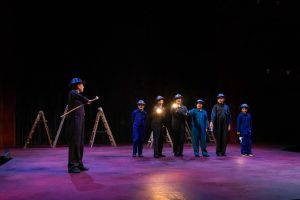
SMSC stands for Spiritual, Moral, Social and Cultural Development. It is not a stand-alone curriculum subject but is embedded across the whole of the National Curriculum and is an integral part of school life.
At Sunnybrow Primary School, SMSC development underpins all aspects of our broad and balanced curriculum, therefore, enabling children to develop the skills and attitudes needed to thrive in the adult world.
Our vision for SMSC is to empower our children to exceed by raising the aspirations of our students. Our curriculum is underpinned by the principle ‘ordinary people can achieve extraordinary things’. We want to create confident, resilient, and well-rounded adults who believe they are capable of greatness, have an aspiration for self-improvement and are able to compete equally with their peers in a world beyond school life. We recognise that all students need to develop spiritually, morally, socially and culturally. This development allows them to make sense of their world. Our highly engaging curriculum helps students develop an informed and balanced view on world events, beliefs and values of others. We endeavour to prepare our students for their future when becoming respectful individuals, life-long learners and active citizens in a modern British society.
Spiritual Development
Spiritual development involves the children being reflective on their own beliefs and being respectful of the beliefs, feelings and values of others. Children should gain enjoyment from learning about themselves and others around them. Many spiritual development activities involve acts of collective worship and are covered by the RE curriculum (Durham Agreed Syllabus).
Moral Development
Moral development enables the children to acquire an understanding of right and wrong, of moral conflict and a concern for others. It teaches the children about the consequences of their actions and respect for the civil and criminal law of England. Opportunities for discussion regarding moral and ethical issues is provided. Many aspects of this are covered through our curriculum, particularly through history and geography lessons.
Social Development
Social development involves pupils acquiring an understanding of the rights and responsibilities of belonging to society. It is providing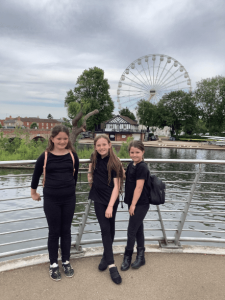 children with the knowledge, skills and experiences to be an effective member of society. Pupils develop respect for all regardless of religious, ethnic or socio-economic backgrounds. Pupils are encouraged to uphold the British values of democracy, law, liberty, respect and tolerance of all. Much of this learning can be achieved through our curriculum. We also have links with a school in Kenya and are forming links with other schools in the UK that have a different ethnic, cultural or socio-economic background. Our school also holds the Rights Respecting Award.
children with the knowledge, skills and experiences to be an effective member of society. Pupils develop respect for all regardless of religious, ethnic or socio-economic backgrounds. Pupils are encouraged to uphold the British values of democracy, law, liberty, respect and tolerance of all. Much of this learning can be achieved through our curriculum. We also have links with a school in Kenya and are forming links with other schools in the UK that have a different ethnic, cultural or socio-economic background. Our school also holds the Rights Respecting Award.
Cultural Development
Cultural development allows pupils to understand the cultural influences that have shaped their own heritage. It educates children on the wide cultural diversity of Britain and encourages celebration, respect, tolerance and acceptance of all regardless of different faiths or cultures. Children should also be encouraged to participate in artistic, sporting and cultural activities. Knowledge of Britain’s democratic parliamentary system and its role in shaping our history and values is covered as part of cultural development.
British Values
At Sunnybrow Primary we aim to prepare our pupils to become global citizens and to live life in modern Britain. We do this by encouraging our children to embrace the fundamental British Values which we actively promote in school.
What are British Values?
The four British values are as follows:
- Democracy
- Rule of Law
- Individual Liberty
- Mutual Respect and Tolerance of those with Different Faiths and Beliefs
Democracy
This relates to pupil voice being heard and valued in school and encouraging children to become involved in decision making processes where possible. It is also important that children has understand how democracy has shaped modern Britain, how the democratic process has evolved through history and how the lack of democracy can affect people globally.
Rule of Law
This is to ensure that children have an understanding of the importance of criminal and civil law in Britain. It relates to children understanding the difference between right and wrong and that there are consequences for their actions. Respect for those that uphold and enforce the law is encouraged as is an understanding that rules and laws are in place to protect us as individuals.
Individual Liberty
This concerns the right for freedom. This includes the freedom of speech, the freedom to make choices and decisions about ourselves and the freedom to our own opinion. It also acknowledges that with this freedom comes personal responsibility; the responsibility that we won’t hurt or offend others with our thoughts and actions.
Mutual Tolerance and Respect of those with Different Faiths and Beliefs
 This is rooted in an acceptance that modern Britain in diverse, is multi-cultural and multi-faith. It is an acknowledgement that no religion or belief is right or wrong and that we should all be valued as human beings and treated with equal respect and consideration. This includes respect regardless of gender, religion, ethnicity, disability or sexual orientation.
This is rooted in an acceptance that modern Britain in diverse, is multi-cultural and multi-faith. It is an acknowledgement that no religion or belief is right or wrong and that we should all be valued as human beings and treated with equal respect and consideration. This includes respect regardless of gender, religion, ethnicity, disability or sexual orientation.
